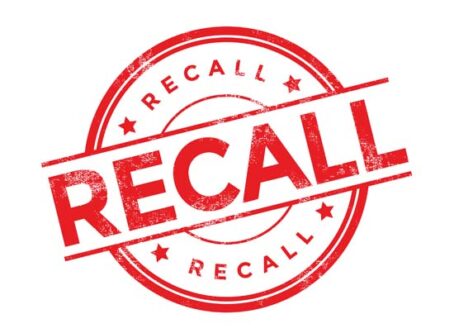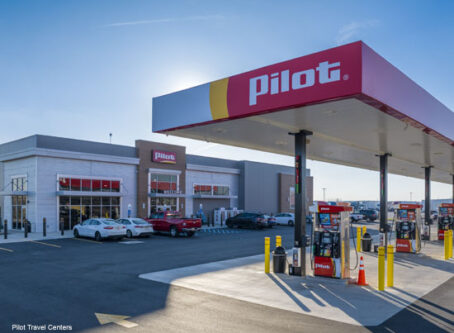Walmart and PepsiCo urge policies for zero-emission trucks
The pace toward zero-emission trucks may increase now that Walmart and PepsiCo are advocating for policies that will decarbonize the nation’s fleet by 2040.
In a joint blog, Roberta Barbieri, PepsiCo’s vice president of global sustainability, and Luke McCollum, Walmart’s vice president of supply chain sustainability, explain the importance of zero-emission trucks and how the nation can get to a zero-emission fleet faster.
Barbieri and McCollum are pushing for state and national policies that will expedite the transition to zero-emission trucks. The two executives suggest four principles for government officials to consider when drafting such policies. Those principles come down to encouraging, incentivizing, reducing and building.
For fleets new to zero-emission trucks, Barbieri and McCollum say they want policies that encourage their use.
Such policies can provide technical assistance that will “increase route optimization, backhauling practices” and reduce empty miles, the companies state.
Once fleets feel the need for zero-emissions trucks, they will need some incentive that justifies the investment and change. Specifically, policies should include flexibility with technologies, including using both zero- and near-zero-emissions applications. That includes trucks using batteries, hydrogen or renewable fuels.
Encouraged with optimization and incentivized by a variety of options, fleets still need to overcome the financial burden of zero-emission trucks. To do this, Barbieri and McCollum suggest manufacturer tax credits, excise tax relief, road user fees, market-based systems for transportation emissions, emissions-based performance standards and fuel-based standards.
With more zero-emission trucks on the road, the nation will need to build an infrastructure supporting them. Policies ramping up that process include financial incentives for infrastructure installation and streamlining permitting processes, Barbieri and McCollum state. Furthermore, the zero-emission infrastructure needs to be “future proof” – i.e., able to upgrade technology efficiently.
“The shift to a zero-emissions transportation fleet has already begun and as it accelerates, it must also address the historic environmental burdens disproportionately carried by communities in close proximity to distribution and logistics operations,” Barbieri and McCollum state. “Walmart and PepsiCo believe that (zero-emission vehicle) technology can address multiple quality of life concerns and are ready to work with policymakers on correcting environmental injustices through new technology, investments, and partnerships.”
Zero- and near-zero-emissions trucks are nothing new for PepsiCo and Walmart.
Minor improvements on fuel efficiency can have significant effects on mega fleets. Both companies have been working on the issue for more than 15 years.
PepsiCo has the largest private truck fleet in the United States, followed by Sysco Corp. and Walmart. There are more than 18,000 tractors between the PepsiCo and Walmart fleets. Considering the size of the two companies, their logistical decisions have always had the potential to shape policies within the trucking industry. PepsiCo and Walmart are now using that muscle to influence state and federal policies. Consequently, fleets may have no choice but to follow their lead. LL









